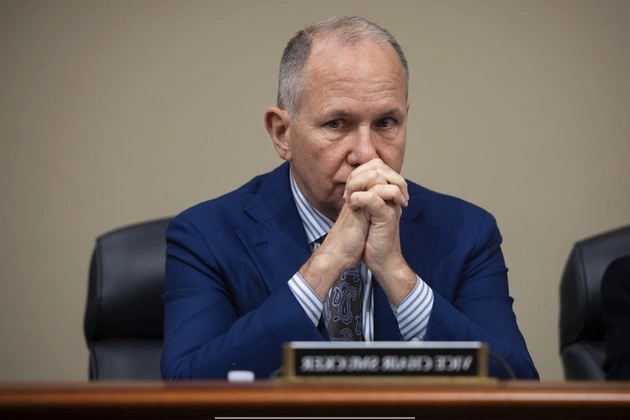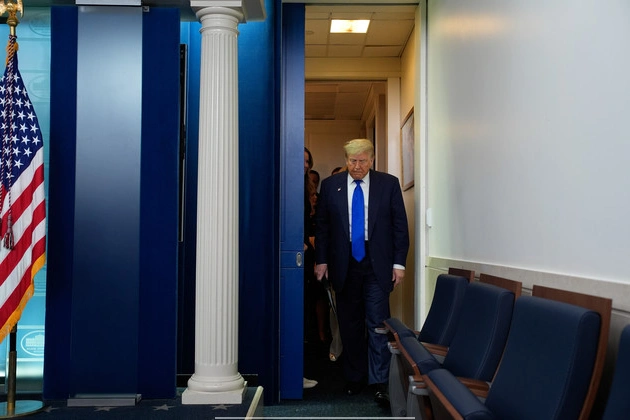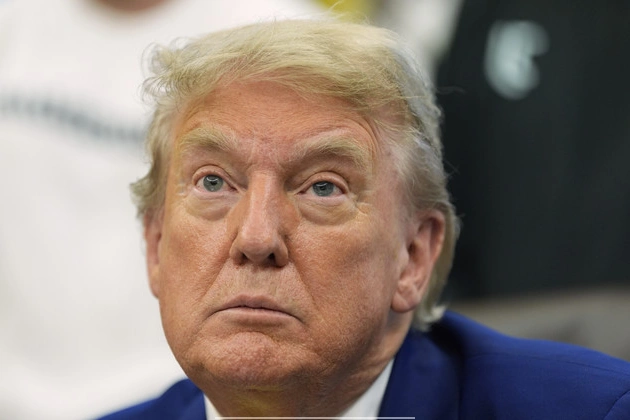
House Republicans’ Stand Against Budget Gimmicks
Thirty-eight House Republicans are cautioning Senate leaders against utilizing ‘budget gimmicks’ in the revision of President Donald Trump’s ambitious bill. This warning introduces a new parameter in the ongoing debate among GOP lawmakers over tax cuts.
The initiative, led by House Budget Vice Chair Lloyd Smucker (R-Pa.), emphasizes the necessity for ‘real, enforceable spending reductions’ to accompany any additional tax cuts proposed in the party’s megabill.
Strategic Maneuvers by House Republicans
The letter, undersigned by prominent House Republicans including Republican Conference Vice Chair Blake Moore, House Budget Chair Jodey Arrington, and House Freedom Caucus Chair Andy Harris, marks a strategic move orchestrated by Smucker. Earlier successes in compelling House leadership to commit to additional spending cuts to meet deficit reduction targets have laid the groundwork for this latest warning.
Smucker’s letter, exclusively obtained by POLITICO, aims to exert pressure on the Senate as Thune and his team navigate the delicate balance of amending the House-passed bill without compromising crucial support.
Call for Fiscal Responsibility
The core message conveyed to Thune revolves around maintaining the structural integrity of the House bill. House Republicans advocate for genuine savings over accounting ploys like ‘timing shifts’ to artificially deflate the bill’s cost. The emphasis remains on aligning tax relief with spending discipline to bolster economic growth.
Both chambers face the challenge of securing crucial votes to pass the legislation along party lines. Senate Republicans are contemplating significant alterations to the House-approved package, including revisions to key areas like border security, energy policies, and tax reforms.
The delicate balance between tax cuts and spending reductions, as outlined in an amendment proposed by Smucker, underscores the importance of fiscal prudence in enacting comprehensive policy changes.
Looking Ahead
The evolving dynamics between House Republicans, Senate leaders, and deficit hawks reflect a broader concern for the nation’s fiscal health and economic stability. As the debate unfolds, the bond markets and investor sentiment serve as barometers of confidence in the GOP’s legislative agenda.
House Republicans’ vigilance and the Senate’s deliberations underscore the intricate interplay between tax policy, spending priorities, and long-term economic prosperity. The outcome of this clash will not only shape the megabill’s trajectory but also influence investor confidence and market expectations.















